|
0 Comments
New guidance on tackling maternal health inequalities for Gypsy, Roma and Traveller communities25/5/2023 New guidance on tackling maternal health inequalities for Gypsy, Roma and Traveller communities is available.
Developed by Friends, Families and Travellers and Roma Support Group, through the NHS Health and Wellbeing Alliance the guidance provides information and recommendations to maternal health professionals, commissioners and policy makers. A shorter, NHS approved version, will be available soon. Roma Policy & Campaigning Project Worker (Ref: RoM 55) We are seeking to appoint a dynamic and motivated person to empower Roma communities to exercise their rights and respond to inequalities and injustices they face.
Closing Date for Applications: Monday, 27/02/2023 at 5pm Interview Date: Wednesday, 08/03/2023 via Zoom For further information and to apply, please download the Job Application Pack (Re: RoM 55)
The pre-World War II European Roma population is estimated to be up to 1.5 million. However, under the Nazi occupation, it is believed that up to 500.000 Roma people were murdered [1]. Today, across Europe, the Roma communities represent at least 10 million, mostly living in EU countries [2]. According to a 2019 Pew Research study, 23% of people in the UK hold unfavourable views on Roma [3]. And British secondary school pupils’ knowledge and understanding of the fate of the Roma and Sinti under Nazism is severely limited across the majority of students [4]. Today Roma are still subject to widespread discrimination. According to the European Union Agency for Fundamental Rights, 80% of Roma continue to live below the poverty line [5] and according to 2019 data only 18% of Roma children progress to higher levels of education [6]. On the 25th of December 2021, the online video streaming service Netflix released the programme Jimmy Carr: His Dark Material [7]. During this programme Carr said: ‘When people talk about the Holocaust, they talk about the tragedy and horror of six million Jewish lives being lost to the Nazi war machine. But they never mention the thousands of Gypsies that were killed by the Nazis. No one ever wants to talk about that, because no one ever wants to talk about the positives.’ In February 2022, the programme came to the attention of people from the Gypsy, Roma and Traveller communities, national politicians, and government leaders. At the time, the Culture Secretary condemned Netflix over Carr’s comments, urging Netflix to remove His Dark Material immediately, and suggested that legislation should be changed to regulate media content and ‘hold Netflix to account’. On the 8th of February 2022, Roma Support Group wrote to Netflix [8] condemning the programme and asking for a meeting aiming to engage in a positive dialogue. On the 9th of February 2022, over 120 MPs signed a letter [9] asking Netflix to remove the “joke” from the programme. The Roma Support Group met Netflix representatives in February 2022. The Roma Support Group started this dialogue in a spirit of openness and collaboration but asked for a public apology and a removal of the Carr's "joke" from the programme. During these discussions Netflix refused to apologize, edit or remove the programme from their platform. Furthermore, Netflix did not convince us that they have the right processes in place to ensure their programmes are not built on and likely to increase existing stereotype and prejudice against Roma communities through platforming speech that targets discriminated against communities and has a corrosive effect on the wellbeing of society. As the UK commemorates victims of the Holocaust and Nazi persecution, we want to draw public attention to the fact that Netflix still streams a programme that makes a mockery of this memory. Moreover, it chose to refuse to publicly acknowledge the hurt caused. This only exposes their ignorance to the suffering of the Roma victims of the Holocaust and their families, and it enables negative stereotypes and prejudice against Roma people to perpetuate further. We urge the British public to write to Netflix and inform them that as a society we can no longer ignore the suffering of hundreds of thousands of victims of the Holocaust and that they should do everything in their power to discourage ridicule of one of the biggest tragedies in human history. We also call for the UK Government to enhance its effort to enable regulations to ensure that harmful content does not reach the online environment. This statement is supported by:
Notes
The Roma Support Group has signed a joint letter, published by European Roma Grassroots Organisations Network (ERGO Network), asking for an end to the war in Ukraine (pdf file).
Please follow this link to sign the letter. Also, please help it to reach more people by sharing it with your networks and on your social media. Following Jimmy Carr's comments regarding Gypsy victims of the Holocaust, the Roma Support Group have been working with Hope not hate and the Traveller Movement to produce a letter to Netflix, the company who broadcast the show in which Carr's comments were included.
Read a copy of our letter to Netflix. See also our February 2022 newsletter for more reaction and follow-up to Carr's remarks. On Friday 4th February 2022, we, Roma Support Group, a charity supporting Roma communities living in the UK since 1998, were made aware of Jimmy Carr's joke insinuating that the murder of thousands of Gypsies during the Holocaust period was a positive thing.
Our Roma brothers and sisters were systematically targeted by the Nazi regime since they came to power in 1933. Prior to the Holocaust, Roma in Nazi Germany became subject to the Nuremberg Race Laws (1935), the Law for the Prevention of Hereditarily Diseased Progeny (1933) and were criminalised under the Law against Dangerous Habitual Criminals (1933). In 1936, Robert Ritter, head of the Racial Hygiene and Demographic Biology Research Unit, concluded in his research that 90% of Roma were carriers of "degenerate" blood and that they should be forcibly sterilised. In the same year, Roma started to be re-settled to camps which became forced labour camps. Roma were later sent to concentration camps and were murdered and experimented on at death camps such as Auschwitz-Birkenau. Between 220,000 and 500,000 Roma and Sinti people were killed by the Nazis and their collaborators during the Second World War, but some estimates place the death toll as high as 1 million. Not all Roma victims died in camps and many deaths were not registered, meaning it is difficult to obtain an accurate estimate. The romasinti.eu exhibition includes personal accounts from Roma survivors which reflect the different ways Roma were targeted. Jimmy Carr’s ‘joke’ (and the eruption of laughter that followed) has not only reduced the death of 500,000 Roma to a ‘laughing’ matter but has revealed the depth of anti-Roma hatred, prejudice and discrimination – the last ‘acceptable’ form of racism – that still exists in our society today. People in our communities do not joke about the Holocaust. We feel hurt and deeply insulted that an outsider would consider doing so. Romany Gypsies in the UK use ‘Gypsy’ as a term to identify themselves, but it has deeply negative connotations for Roma across the European continent and the Roma population of 200,000 in the UK today. The impact of the Holocaust has caused generational trauma and the reverberations are ever-present. Between 1936 and 1976, 60,000 Romani women in Sweden were sterilised. In Slovakia, a policy of coercive sterilisation against Roma women began in 1966 under Communist rule and has continued to some extent after 1991 even with the repeal of the policy. Since the outbreak of the COVID-19 pandemic, reports of targeted and disproportionate action against Roma were widespread. Uniformed guarding and freedom of movement restrictions imposed on Roma encampments and villages in Bulgaria, Italy and Slovakia among others mirrored that of Nazi Germany. We call on authorities to acknowledge the huge level of discrimination against Gypsy, Roma and Traveller (GRT) people in the UK and commit to tackle it. We make an appeal to Netflix to withdraw Jimmy Carr’s programme, reconsider their work with him and commit to producing programmes aimed at raising awareness on Roma and tackling the issues GRT communities are facing. For more details or media enquiries please contact us at mihai@romasupportgroup.org.uk. See also our February 2022 newsletter for more reaction and follow-up to Carr's remarks. The Roma Support Group, along with the Traveller Movement and Friends, Families and Travellers, has sent a letter to Education Secretary Gavin Williamson, calling for immediate action to ensure Gypsy, Roma and Traveller children are fully supported to return to school after a year's disruption to their education due to the COVID-19 pandemic. Read the text of the letter. See also our video below about the difficulties which children have had keeping up with their school during the pandemic. Today we join Just Fair and Social Rights Alliance and many others to mark Zero Discrimination Day, highlighting the fundamental principle of non-discrimination. We know that individuals, or specific groups of individuals, face structural and systemic discrimination. Today, we reflect on the UK’s legal commitments to ensure all people enjoy their rights without discrimination. Below is a blog by our policy and campaigns worker Mihai Bica, and statements in support of Zero Discrimination Day from our CEO Sylvia Ingmire and campaign partners Just Fair and Social Rights Alliance. Mihai Bica: “A lifetime of discrimination - what is it like?” For most people it is hard to conceive something like that is possible. I am glad and happy for all those who don’t have to experience discrimination in their lives. And I hope that this will be the case for more and more of us in the future. But for some, it is not the case yet. Too many of us experience discrimination from birth throughout their whole life. And I am not talking about decades ago. I am talking about now, about 2021, in societies of the present day. A lifetime of discrimination? Read more and I’ll let you draw the conclusions. The genocide of Roma people during the Second World War, known as the Forgotten Holocaust, aimed for the eradication of Roma people. At least 200,000 died by Nazi hands purely on ethnic grounds. But the process of “controlling” the numbers of Roma has continued long after that. Forced sterilisation of Roma women was a practice in various European countries that continued well after the Second World War. Sweden is believed to have sterilised about 60,000 Roma women between 1935 and 1976. But in some places, the practice continued until very recently. The last known and documented case comes from the Czech Republic in 2007. Even before Roma children are born, they experience discrimination. When giving birth, in most East European countries Roma women often receive poor quality support. Then, when a Roma child is growing up, they are faced with many challenges. Worrying numbers of Roma children are experiencing school segregation, with as many as 45% of schools segregated in some countries, with Roma receiving an inferior form of education. This results in high rates of illiteracy and low levels of education amongst Roma. According to the Fundamental Rights Agency, in 2014, 20% of Roma self-declared as not being able to read or write while the EU average was 1%. This has a huge impact on the lives of Roma and their futures, including the likelihood of finding employment in a hugely competitive market. By 2014, in the EU, less than one in three Roma were in paid employment. Not long ago, a Roma lady told me: “I have tried everything to get a job: I went to interviews, and I thought, is it because of my scarf and dress? So I had trousers and left the scarf behind but still I was refused the job. I just want a job like everyone else”. Life beyond that is not easy. In 2016, one in four Roma said they had been discriminated against in the last year and only 10% reported it to authorities. This experience is the same for the adult Roma population living in the UK. The vast majority do not understand what hate crime is, but they say they have experienced it once the definition is explained to them. This happens to us in all areas of life: education, health, employment, access to services, etc. At least 200,000 Roma have made the UK their home since the fall of the Communist Bloc. As it does for many, the UK offers better opportunities for Roma as well. While adults can gain jobs better and are able to provide for their families, children have access to quality education. Our parents still carry the experience of discrimination with them and many of our young adults share similar experiences from their childhood. But the younger generation of Roma children in the UK is the hope for our communities. They need to be encouraged, supported to build confidence, to raise their aspirations and to be proud of their ethnicity. This is how they will become successful Roma adults. On Zero Discrimination Day we must pledge for no discrimination in UK society for the benefit of us all. Mihai Bica’s blog is also published on http://justfair.org.uk/home/blog/guest-blog/. Statement from our CEO on Zero Discrimination Day“Just because of who they are, Roma have been relentlessly persecuted facing expulsions, slavery, genocide, apartheid and social exclusion. As the lessons from their history have not been learnt, discrimination against Roma continues today. We can end it together by saying NO to all forms of prejudice and discrimination while creating a more equal, humane and compassionate society.” Sylvia Ingmire, CEO, Roma Support Group Just Fair“Specific groups of people continue to face socio-economic inequality, often because of entrenched historical and contemporary forms of structural and systemic discrimination. Non-discrimination and equality are fundamental to the exercise and enjoyment of economic, social and cultural rights. The International Covenant on Economic, Social and Cultural Rights legally obliges the UK to guarantee that economic, social and cultural rights are exercised without discrimination of any kind as to race, colour, sex, language, religion, political or other opinion, national or social origin, property, birth or other status. Today we urge the UK Government to take concrete, deliberate and targeted measures to comply with this immediate and cross-cutting obligation.” Misha Nayak-Oliver, Campaigns and Advocacy Lead, Just Fair. Social Rights Alliance“We believe in the power of experience and the leadership potential of those who know first-hand the effects of social inequality and discrimination. The support we provide brings together communities to campaign against burning injustices through a rights-based approach. The Social Rights Alliance is rooted in the idea that we should all be able to exercise our rights – the everyday rights we are entitled to which allow us to live in safety and dignity – equally and without discrimination.” Susanna Hunter-Darch, Social Rights Alliance England Coordinator RSG take part in 'Our Newham' project supporting marginalised young people in the local community7/9/2020 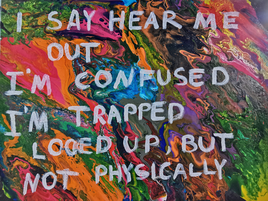 The Roma Support Group took part in the Protection Approaches’ “Our Newham” project funded by the Mayor of London’s Young Londoners Fund. ‘Our Newham’ is a two-year project supporting young people in Newham to identify, explore and tackle marginalisation in their communities. This publication presents incredible works of art created by young people during the first phase of the project. Over eight months a cohort of young people from Newham’s Youth Zones and the Roma Support Group worked with four wonderful artists: Laila Sumpton, Szymon Glowacki, Becky Warnock, and Heather Gani. During a series of workshops, they explored issues related to prejudice, community, and identity through photography, poetry, painting and sculpture. The artworks in this publication were first exhibited at a special event at Stratford Old Town Hall and then for more than a month in the atrium of the Newham Council Headquarters. This publication presents the young people’s art, thoughts, and feelings to the wider Newham and London community. It marks the start of a conversation that will take place over the next phase of the project looking at how we can all work together, whatever our age, background, profession, or belief to develop community approaches to confronting marginalisation and celebrating all our identities. In collaboration with the East London Advanced Technology Training (ELATT), the Roma Support Group are creating a series of free online ESOL (English for Students of Foreign Languages) classes which will cover important important issues such as how to protect yourself and others during this coronavirus period, access to financial subsidies during this period, how to succeed at a job interviews and more!
You can now watch our first video lesson of a four-parts video lesson on coronavirus. Stay tuned for future updates! Roma Support Group’s Financial Inclusion Project helps Roma people by providing advice and advocacy on issues such as benefits, debt and housing.
We need volunteers to help us do this work. Our volunteers play an important role helping with things like giving advice, translating appointments and materials, and carrying out administrative tasks. If you have strong communication skills and enjoy problem solving, join us and use your skills to make a difference! We are particularly interested to hear from people who are confident communicating in English and an Eastern European language such as Polish, Romanian, Slovakian, Hungarian or Czech. As a Roma organisation, we are always pleased to welcome Roma volunteers. You will be provided with full training and ongoing support. If you are interested in helping us and want to find out more, please email advice@romasupportgroup.org.uk. 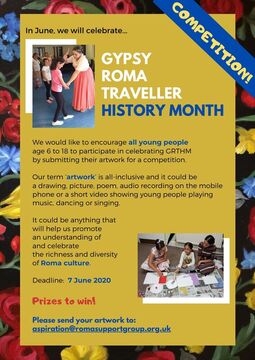 To celebrate Gypsy Roma Traveller History Month 2020 we are holding an art competition for young people aged between six and eighteen years old. We are looking for examples of any kind of artworks to promote Roma culture and celebrate its richness and diversity. It could be a drawing, picture, poem, audio recording on a mobile phone or a short video showing young people playing music, dancing or singing. There will be prizes for the best entries and all the artworks we receive will be featured in an online exhibition and posted on our social media (Twitter and Facebook) and website and included in a short video collage. How to enter our art competition Please see our posters in English, Polish and Romanian (pdf files). Entries should be received by Sunday 7th June. Please send the artwork to us at aspiration@romasupportgroup.org.uk. Remember to complete our registration form (this is available as a Word document or as a pdf file) and to send this to us with your entry. Following the work of our "Roma Stories": Roma Oral History Project we are pleased to say that our new Roma Oral History website has now been launched. You will find interview extracts and introductory information and learning materials for primary schools.
If you would like to work with children, why not gain some hands-on experience while making a positive difference to young Roma people?
During these difficult times while schools are closed, it is extremely important that young people stay in education, do their homework and have fun. Are you good at maths, literacy or maybe science? Is art your forte? The Aspiration Project is looking for volunteers, who could support online learning of Roma children and young people. For more info please get in touch with Szymon: szymon@romasupportgroup.org.uk Please see the posters below explaining how to access Roma Support Group support and appointments during the period of disruption because of COVID-19/Coronavirus. Phone number to book appointments:We provide support in the following areas:See a larger version of this poster on our Contact page. Roma Support Group Oral History Project Co-ordinator Tania Gessi has had an article published in a recent (27th January 2020) issue of the newspaper Jewish News.
Entitled "Roma and Sinti voices silent for too long" it appears on page 43 of issue number 1142. Read it here. See our 'Roma Stories' page for further information about our Oral History Project 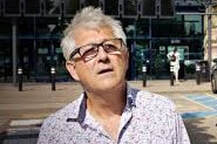 It is with great sadness that we say farewell to our friend and colleague Andy Shallice who passed away on 14th December, 2019. He worked for the Roma Support Group as the Policy and Information Worker, joining us in 2013. We have lost a great, passionate advocate for Roma rights and social justice. He will be missed by all of us. We have put together a tribute to Andy's work. At his funeral, in memory of Andy, "The Manchester Rambler" was sung. Andy's family have kindly allowed us to share a recording of the singing by those who attended. (Click back button in your browser to return to the RSG site).
The BBC World Service's World Update programme broadcast on 18th November included a feature on the Nazi genocide of Roma and Sinti people in an interview with Senior Curator of the Wiener Holocaust Library, Barbara Warnock. She speaks about the work being done by the Roma Support Group's "Roma Stories" Oral History Project in collecting testimonies of Roma people's experiences in the wartime concentration camps.
The Roma Support Group is pleased to invite you to 21st Annual General Meeting:
If you would like to join us please e-mail your name and contact details to info@romasupportgroup.org.uk in order to confirm your place on the participants' list. Please confirm your attendance by Wednesday 20th November. Agenda 5.00 pm - Registration – Networking – Refreshments 5.30 pm - Street /Gang Violence Awareness Workshop delivered by Derek Akosah CEO, Be Heard As One 6.00 pm - Housing Rights Workshop delivered Tower Hamlets Law Centre 6.30 pm - Forum Theatre 7.10 pm - Safe Newham – Hate Crime Reporting Project 7.20 pm - Jack Petchey Foundation's Awards 7.40 pm - ‘Roma Stories’, Oral History Project Exhibition and Film 8.00 pm - BREAK 8.15 pm - AGM Business:
9:30 pm - THE END Venue detail and travel information Woodgrange Community Centre, Bluebell Avenue, Manor Park, London E12 6UJ Nearest Tube – East Ham Nearest Overground - Manor Park and Woodgrange Park Google maps: https://goo.gl/maps/Wvm8hkKZbqgcNDEm8 Our 'Roma Stories' Oral History exhibition will be at the London Metropolitan Archives (LMA) from 28th October to 1st November. There will be launch events on Monday 18th November at 3pm at the LMA and on Tuesday 26th November at the Wiener Library. The exhibition will appear at the following venues in Autumn 2019:
Print out copies of our exhibition poster here (pdf file). See the poster below. For more information please contact tania@romasupportgroup.org.uk. This short film contains extracts of Roma people's interviews that explore life before the Second World War, persecution during the war, discrimination in home country, migration and life in the UK. The film is part of the touring exhibition. See more about the project on our "Roma Stories" Project page and on our blog.
When? - Thursday 14 November 2019, 5.15-7.15pm
Where? - Laws Building Room 1.00, Queen Mary University of London, Mile End Campus, Mile End Road, London E1 4NS All welcome, no need to book Speakers: Tania Gessi and Ted Sale, Roma Stories Oral History Project Respondents: Graham Smith (Newcastle University), Becky Taylor (University of East Anglia), Julia Laite (Birkbeck) Chair: Nadia Valman, Raphael Samuel History Centre The HLF-funded ‘Roma Stories’ Oral History Project shares experiences and stories of Roma people from Eastern and Central Europe who live in London. A series of orally transmitted histories focus on the Roma genocide in the Second World War (the Forgotten Holocaust), life in postwar communist countries, why and how individuals and families migrated to the UK. They tell us how Roma identity is perceived, how it is changing, how people experience living in London and how they belong here. Throughout the ages, Roma people’s experience has often been marginalised or written out of history altogether. This project has captured a plethora of Roma voices, which reflect the varied nature of human experience of one Europe’s most discriminated ethnic minorities. Convened by the Raphael Samuel History Centre, this seminar will present findings from the project, followed by responses from scholars in oral history and Roma studies.
Come and join the launch of the Roma Support Group's Roma Stories exhibition at Stratford Library on 20th September!
The exhibition will run at Stratford Library from 13th September until 11th October, and later at other venues across London.
Press release: Roma Support Group announces "Roma Stories" Oral Histories Project Exhibition28/8/2019
The Roma Support Group announces a free exhibition, launching in September 2019 to share the work of the ‘Roma Stories’ Oral History Project. The project explores the experiences and stories of Roma people from Eastern and Central Europe who live in London. It focuses on the key themes of: Roma persecution during the Second World War (Roma Holocaust), life in post-war communist countries, migration to the UK, Roma identity, and feelings of belonging in the UK. The project has been produced through cooperation between Roma researchers, local community members, volunteers, the London Metropolitan Archives, museums and academic institutions in order to explore, archive and share the unrecorded stories of Roma refugees and migrants in London. The exhibition will include extracts from interviews, rarely seen archive photographs (courtesy of the Robert Dawson Collection), a video, and artwork by Roma artist Robert Czibi. The Roma ‘voice’ has often been marginalised, ‘hidden’ or written out of mainstream historical narratives due to discrimination and racism. Made possible by funding from the National Lottery Heritage Fund, this project has presented a rare opportunity to record Roma history, which has been passed down across generations orally, before it is lost.
Notes to editors:
Further information For further information, images and interviews please contact Tania Gessi at the Roma Support Group on 07905859012 and tania@romasupportgroup.org.uk. Settled status: what should EU citizens do about securing their status in the UK after Brexit?1/4/2019 Brexit means that EU nationals living in the UK will have to apply to be able to stay here, with full rights of residence. This is called the “EU Settlement Scheme”. Our Guide to the EU Settlement Scheme gives help on what you need to do if you are a EU national living in the UK. See our Roma and Brexit page and click on the first of the four headings "Our Guide to the EU Settlement Scheme".
The Mayor of London and London Assembly have launched a special hub for Londoners who are EU citizens giving them guidance on securing settled status in the UK when Brexit comes into force. The Home Office/UK Visas and Immigration have also launched a document, "Settled status for citizens and their families", giving similar guidance in European languages. Any future documents giving help and advice to European citizens wanting to secure settled status will be added to our special Roma and Brexit page. |
Archives
November 2023
Categories |
||||||||||||
- Home
-
Projects
- Advice & Advocacy >
- Art & Culture >
- Aspiration Project >
- Mental Health Project >
- Ketane - Together: Roma Shaping Futures
- Policy and Campaigning
- Roma and Brexit >
- Roma News Project
- Romano Kher: Roma Housing Advocacy Project
- 'Roma Stories': Roma Oral History Project
- Roma Support and Engagement Programme >
- Sport Inclusion
-
Resources
-
Training
- Vacancies
- Membership
- Support us
- Contact
- Home
-
Projects
- Advice & Advocacy >
- Art & Culture >
- Aspiration Project >
- Mental Health Project >
- Ketane - Together: Roma Shaping Futures
- Policy and Campaigning
- Roma and Brexit >
- Roma News Project
- Romano Kher: Roma Housing Advocacy Project
- 'Roma Stories': Roma Oral History Project
- Roma Support and Engagement Programme >
- Sport Inclusion
-
Resources
-
Training
- Vacancies
- Membership
- Support us
- Contact

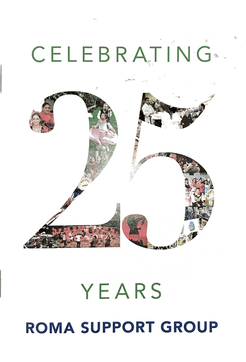


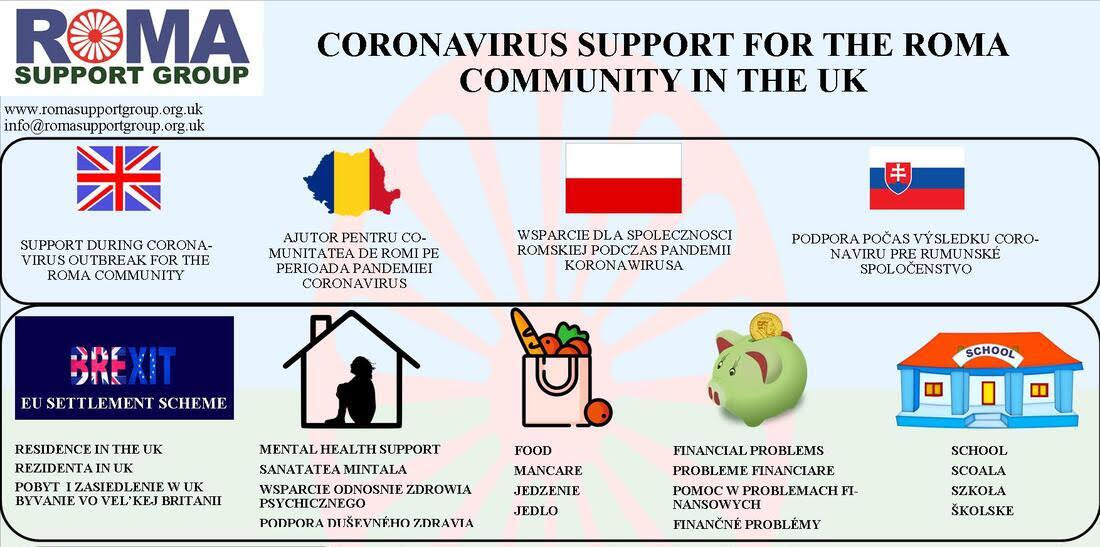
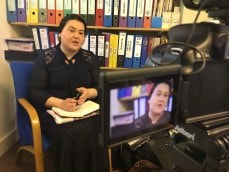
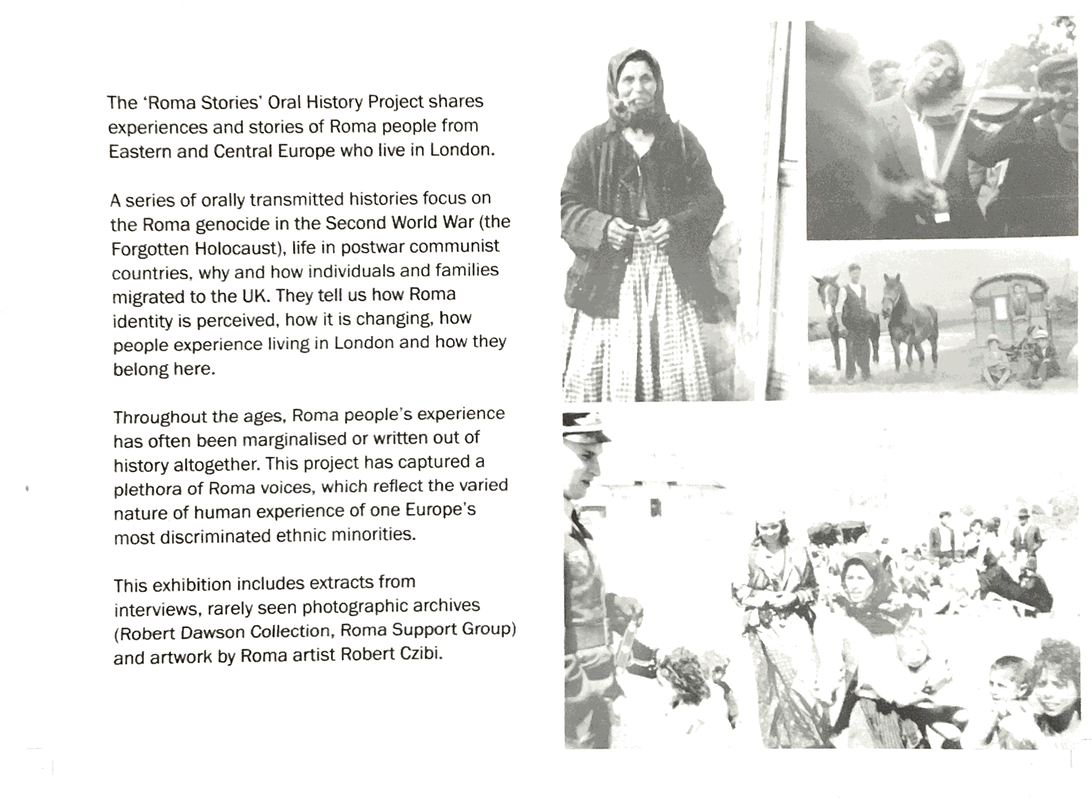
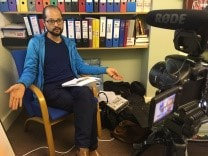
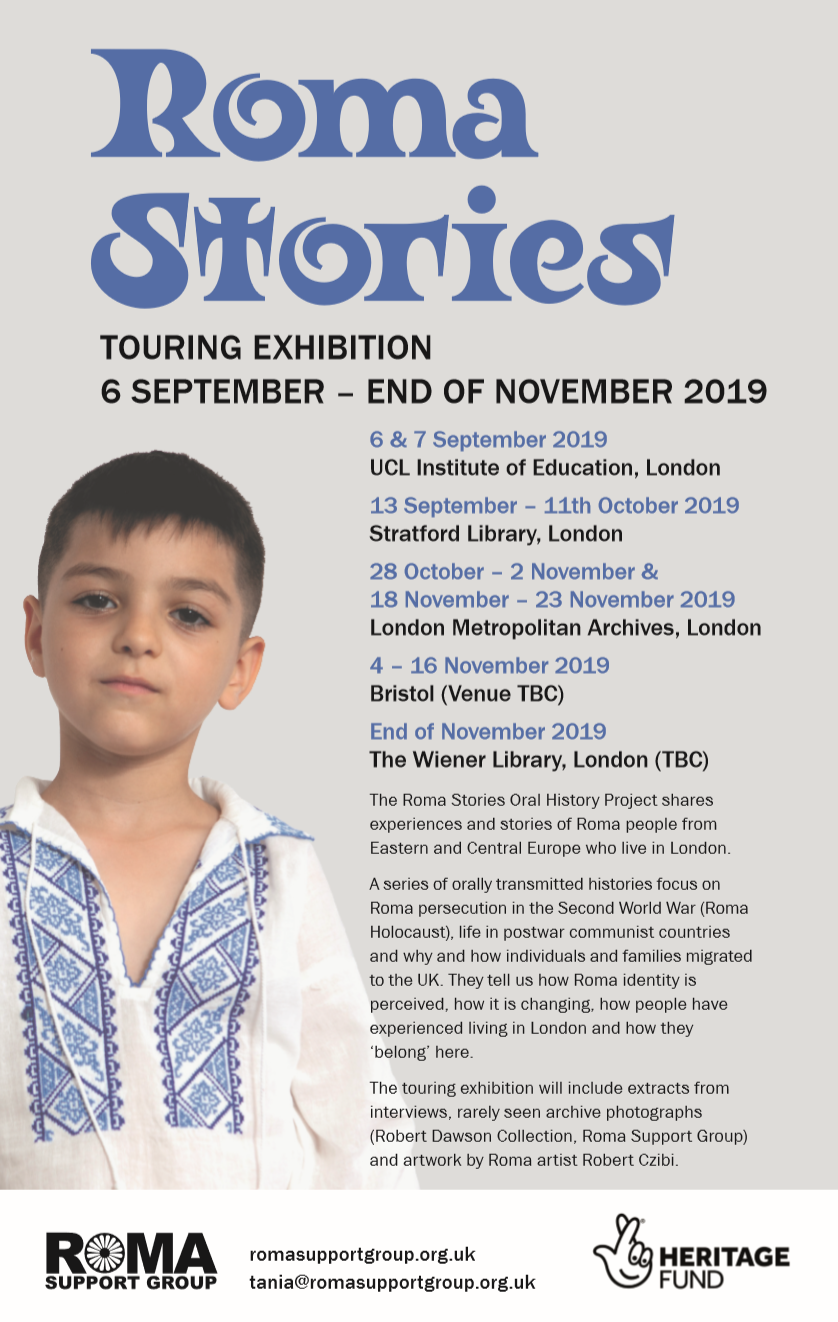
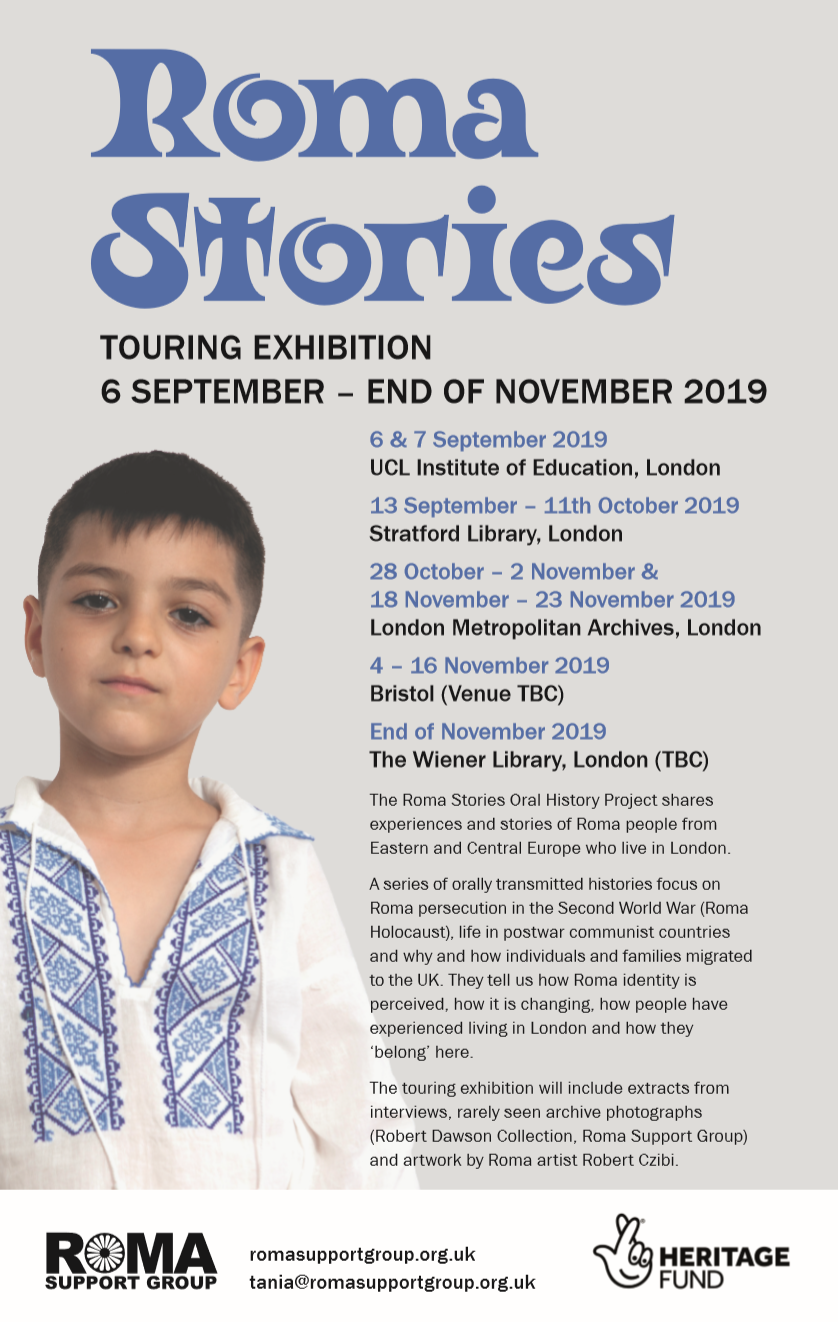
 RSS Feed
RSS Feed
